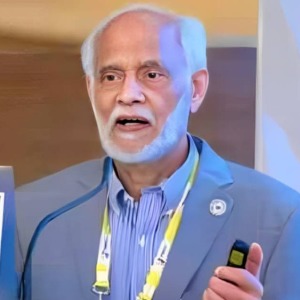Nutrition Education
Physical strength, mobility, endurance, hearing, vision, and cognitive capacities are all enhanced by a good diet. Nutrition education is an important component of a comprehensive health education programme because it equips children with the knowledge and skills, they need to make appropriate food and beverage choices. Any combination of learning experiences aimed to support the voluntary adoption of eating and other nutrition-related behaviours beneficial to health and well-being is referred to as nutrition education. It is an important aspect of delivering dietary assistance to the elderly. Nutrition education encompasses not just learning about foods and nutrients, but also learning what to do and how to act in order to enhance one's diet. Nutrition education aids in the development of people's abilities to properly feed themselves and their families, obtain the right foods at the right prices, prepare healthy foods and meals that they enjoy, recognise and resist poor food choices, and teach their children and others about healthy eating.
- Policy and Systems
- Environmental Approaches
- Technological Advances
- Food Procurement
- Food Insecurity

Jack Timothy Rogers
Harvard University, United States
Safiullah Pathan
Lincoln University of Missouri, United States
Andrea Maier Noth
University Albstadt Sigmaringen, Germany
Chetanya Rai
Tavistock Group, United States
Hailie Davis
Ursinus College, United States
Manasvini Sai
Spring-Ford High School, United States




Title : The software tools for FOP nutrition labelling
Vintila luliana, University ”Dunarea de Jos” Galati, Romania
Title : Translation modulators to preserve neurodegenerative decline from metal toxicity
Jack Timothy Rogers, Harvard University, United States
Title : Nutrients and bioactive compounds of non-traditional green leafy vegetables: A natural path to better health
Safiullah Pathan, Lincoln University of Missouri, United States
Title : AI-powered nutrition strategies for critically ill patients: Transforming outcomes in the ICU
Ali Amirsavadkouhi, Arta Arti Health Innovation, United Arab Emirates
Title : Where west meets east? Time to globalise Traditional, Complementary and Integrative Medicine (TCIM)
Dilip Ghosh, Nutriconnect, Australia
Title : Comparative evaluation of Advanced Glycation End products (AGEs) in snack foods and investigation of mitigation strategies
Ayse Binnur Karatas, Central Research Institute of Food and Feed Control, Turkey